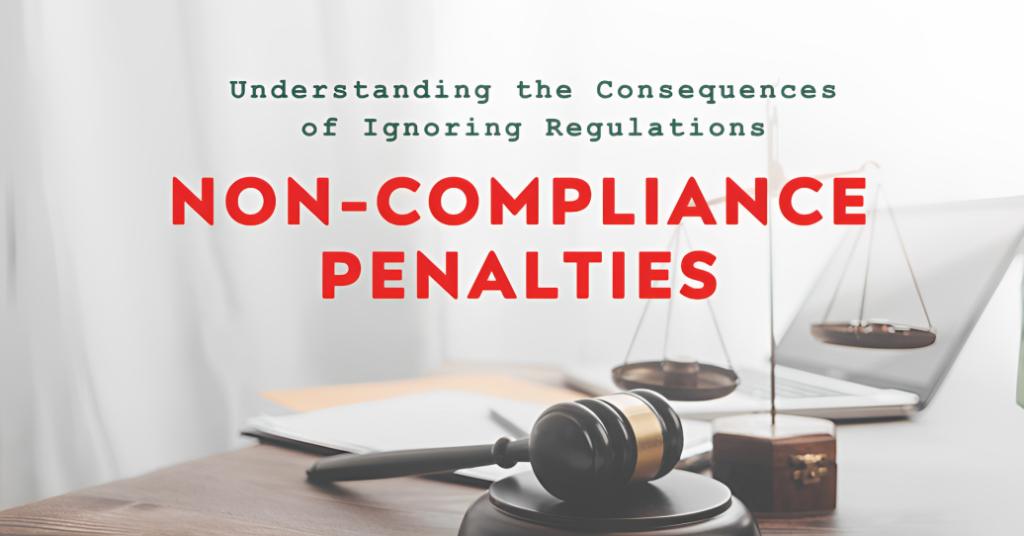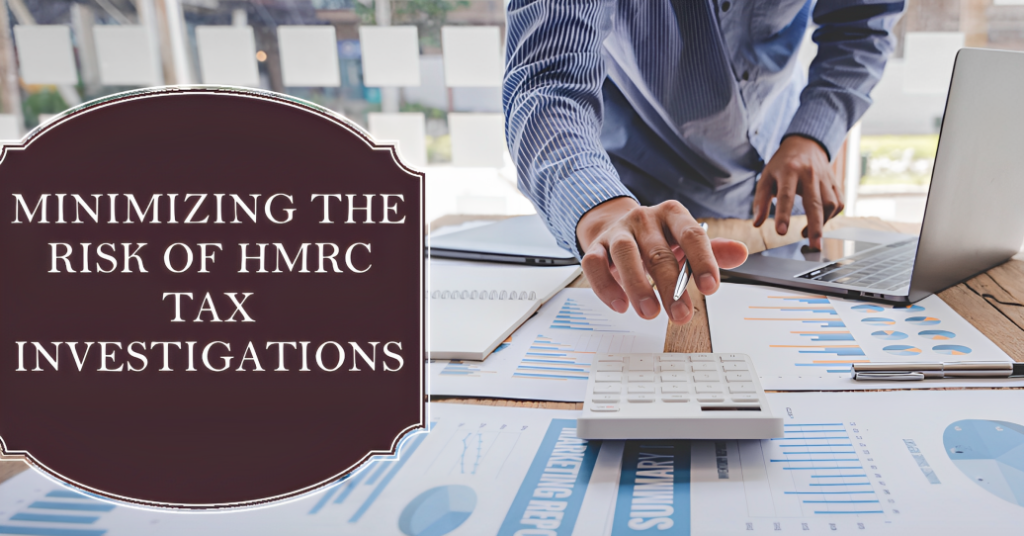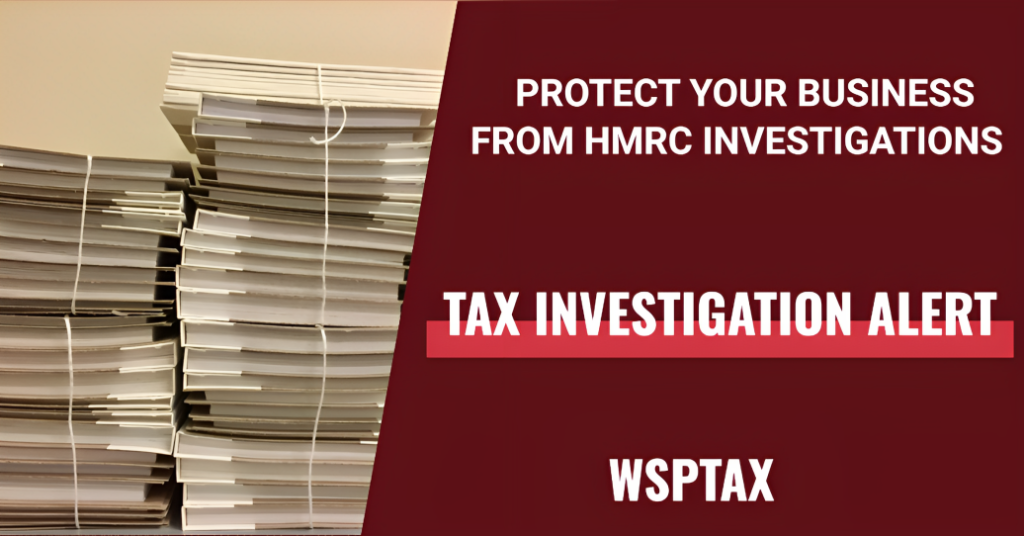Discovering the methods to reduce the possibility of HMRC Tax Investigations is like having a defense against monetary fines and legal issues.
HMRC Tax Investigations
You can easily negotiate the complex tax landscape, guaranteeing compliance and defending your reputation with the correct solutions. The essential methods to shield yourself from the HMRC examination are revealed in this guide, giving you the power to stay one step ahead and avoid non-compliance hazards.
Penalties That Non-compliance Can Face

Failing to disclose relevant details or intentionally providing false information can have serious consequences. Penalties and Consequences of Non-Compliance
Non-compliance with HMRC tax investigations can result in various penalties and consequences, including:
Financial Penalties:
HMRC can impose penalties for errors, omissions, or deliberate non-compliance. The penalty amount will depend on the severity of the offense and whether it was a genuine mistake or intentional wrongdoing.
Criminal Prosecution:
HMRC may initiate criminal prosecution in serious tax evasion or fraud cases. If found guilty, individuals may face fines, imprisonment, or both. It is crucial to seek legal advice if you believe you may be at risk of criminal charges.
Reputation Damage:
An HMRC tax investigation can damage your personal or business reputation. News of an investigation can spread quickly and may negatively affect your professional relationships and future opportunities.
Increased Scrutiny in the Future:
If HMRC uncovers significant non-compliance during an investigation, they will likely closely monitor your future tax affairs. This increased scrutiny can lead to additional investigations or audits.
“Don’t wait until it’s too late! Take action today to minimize the risk of HMRC tax investigations”
How to Minimize the Risk of HMRC Tax Investigations?

Minimizing the risk of HMRC (Her Majesty’s Revenue and Customs) tax investigations is crucial for individuals and businesses to ensure compliance with tax laws and mitigate potential penalties or legal consequences.
While it’s important to consult with a tax professional for specific advice tailored to your situation, here are some general strategies to help minimize the risk of HMRC tax investigations:
Accurate and Complete Recordkeeping:
Maintain complete and accurate records of your financial transactions, including earnings, spending, assets, and liabilities. This entails preserving pertinent paperwork for at least six years, including bank statements, invoices, and receipts. Ensure your records are organized and easy to find for every tax year.
Submit Correct and Timely Tax Returns:
Prepare and submit your tax returns accurately. You must disclose all relevant income sources, claim allowable deductions and reliefs, and accurately calculate your tax liability. Using tax software or engaging a professional tax advisor can help minimize errors and ensure compliance.
Understand and Comply with Tax Regulations:
Stay informed about the latest tax laws, regulations, and obligations relevant to your circumstances. Regularly review HMRC guidance, attend relevant tax seminars, or consult a tax professional to ensure you know of any changes that may affect your tax affairs. Complying with the law is the best defense against tax investigations.
Seek Professional Advice:
Engaging a qualified tax advisor or accountant can provide valuable assistance in managing your tax affairs. They can help you understand complex tax rules, identify potential risks, and ensure compliance. Additionally, they can help you optimize your tax planning strategies and suggest legitimate ways to minimize your tax liability.
Be Transparent and Disclose Information:
Give HMRC accurate and comprehensive information when necessary. Even if the information is unfavorable, it should be disclosed. Being open and truthful with HMRC promotes trust and lowers the possibility of being subject to an investigation. If HMRC seeks more information or conducts an audit, cooperate right away.
Conduct Self-Assessments:
Review your tax affairs and financial records regularly to identify potential errors or inconsistencies. Performing self-assessments can help detect and rectify any mistakes or omissions before HMRC notices them. This proactive approach demonstrates your commitment to compliance and reduces the chances of an investigation.
Manage Risky Transactions with Care:
If engaging in transactions with higher risk or complexity, such as offshore investments or tax planning schemes, seek professional advice and ensure they fully comply with tax regulations. Understand the risks involved and evaluate the scheme’s or investment’s reputability before proceeding.
Use HMRC’s Voluntary Disclosure Opportunities:
If you discover errors or omissions in your tax affairs, consider using HMRC voluntary disclosure programs. These initiatives allow you to come forward voluntarily and correct inaccuracies without facing higher penalties or criminal charges. However, seek professional advice before making any disclosures to ensure the process is handled correctly.
Respond to HMRC Correspondence Promptly:
If you receive any correspondence from HMRC, respond promptly and provide the requested information within the given deadline. Ignoring or delaying HMRC’s requests can raise suspicion and increase the likelihood of an investigation.
Review Your Digital Footprint:
HMRC can access enormous volumes of data and cross-reference information from many sources in the digital era. Therefore, pay attention to your digital footprint, including what you post on social media, websites, and online transactions. Ensure your tax statements and public information line up to avoid any inspection.
Take control of your tax affairs and avoid non-compliance risks. Reach out to our team of tax professionals for personalized advice and support.
Conclusion
HMRC tax investigations are integral to maintaining a fair and efficient tax system. Understanding the types of investigations, the steps involved, and how to handle them is crucial for individuals and businesses.
By being proactive, seeking professional assistance, and maintaining compliance with tax laws, you can navigate the process effectively and minimize the potential consequences of an HMRC tax investigation.









